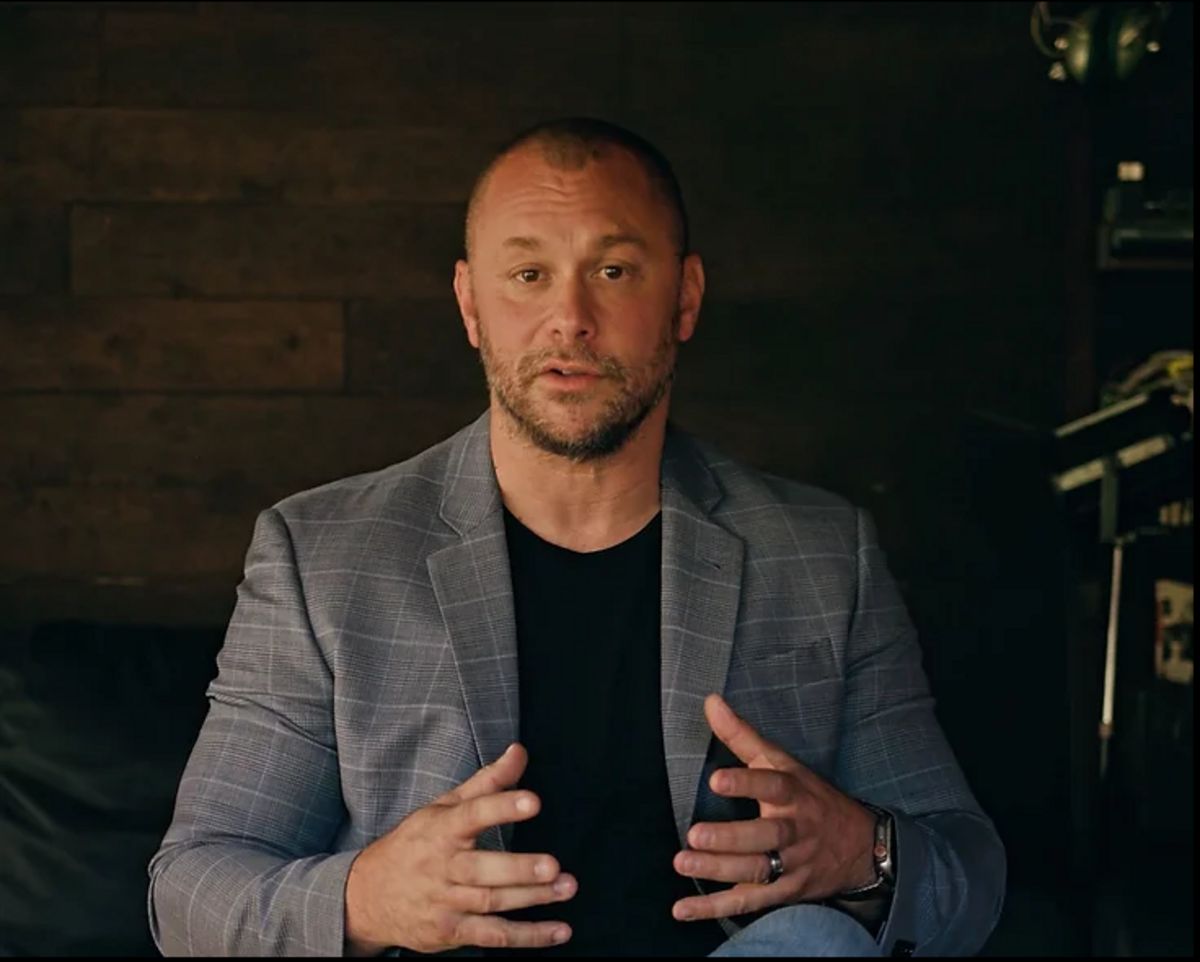We’ve said this at trade shows, in boardrooms, and over late-night drinks with hotel owners and bar operators: this business is ambiguous, esoteric, and often flat-out irrational. On paper, hospitality shouldn’t even work. Unless you’re a stadium, an amusement park, or a chef-driven cathedral of cuisine, the math doesn’t check out. It never has.
Restaurants are wild places, and the margins are chronically thin. AI and tech purport that it can “fix” those problems and save an industry that is drowning in tariffs, a challenging labor market, and an overall increased cost of doing business. But the truth is AI can’t and won’t save the hospitality industry — but it sure as hell won’t kill it either.
Why AI Can’t Replace Management
Picture the “perfect” manager with every dashboard glowing. Sales reports, inventory counts, labor forecasts — everything is dialed in. None of it matters if that manager can’t get a server to care, or a dishwasher to stay another hour. That’s where systems break. Culture doesn’t live in a spreadsheet.
AI can measure; it can’t motivate. It can bark a ticket time; it can’t inspire someone to hustle for it. That’s why, despite the hype, frontline hospitality jobs are safer than people think.
Why AI Can’t Replace Guests
Upgrade to a paid Full Book subscription to read the rest.
Become a paying subscriber of Full Book to get access to this post and other subscriber-only content including all of our Friday Deep Dives.
Upgrade


